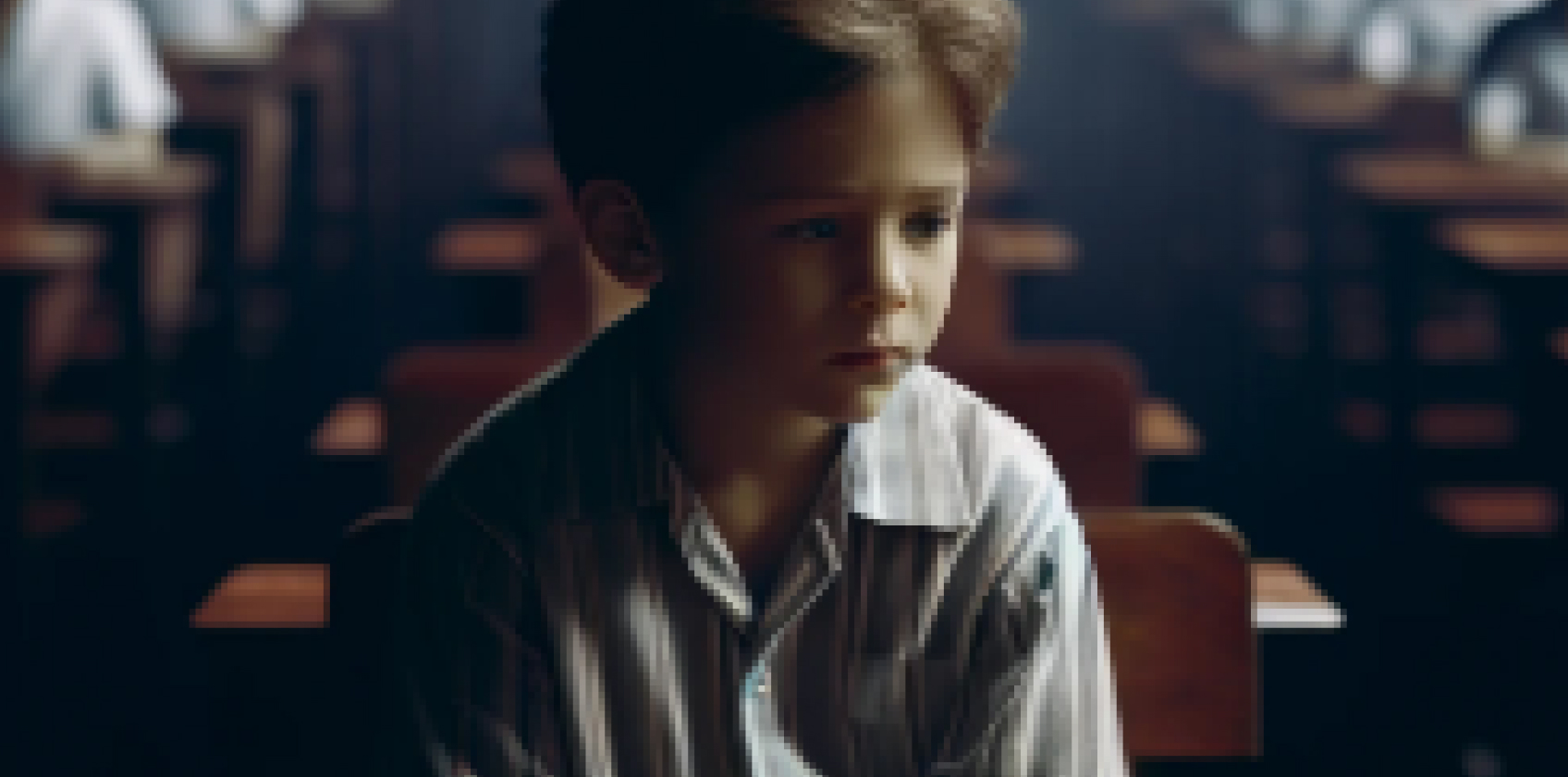Growing Prevalence of Mental Health Concerns
The mental health crisis is not limited to adults or teenagers; even young children between the ages of 3-12 are significantly affected. According to recent statistics, there is a growing prevalence of mental health issues in this age group, exacerbated by environmental factors like the COVID-19 pandemic. A report from Mental Health America highlights that states such as Oregon and South Dakota are seeing the highest increases in severe major depression among youths【1, 2】.
School Mental Health Resources: A National Overview
Further compounding the issue, the "America’s School Mental Health Report Card" indicates that nearly one in three parents observed a decline in their children’s mental health since the pandemic began. This report also points out that very few areas, specifically only Idaho and Washington, D.C., meet the ideal ratio of having one school psychologist for every 500 students, showcasing a significant gap in available children mental health resources in the USA【1, 2】.
Unique Mental Health Challenges for Young Children
Young children may not always have the vocabulary to express their feelings or understand what they are experiencing, making it crucial to identify signs of distress early. The data is alarming: from 2019 to 2020, there was a noticeable increase in mental health-related emergency department visits for children ages 5-11. Suicide, disturbingly, ranks as the second-leading cause of death among people ages 10 to 24, underscoring the urgent need for effective mental health interventions at a young age 【1】.
The Baker Center’s Three-Tiered Approach to School Mental Health 【3】
To address these pressing needs, the Baker Center’s three-tiered system for mental health support can be effectively adapted for younger students:
- 1. Universal Supports: These are school-wide initiatives that help build a foundation of mental well-being, teaching all children about emotions, empathy, and how to express themselves healthily.
- 2. Targeted Supports: At this level, children who show early signs of distress receive more focused interventions, such as small group activities that promote social skills and emotional management.
- 3. Intensive Supports: For those who need more significant intervention, this tier provides robust support through specialized counseling and, if necessary, coordinated care with external mental health professionals.
The Transformative Role of Technology and AI in Mental Health
Technology and AI can play a transformative role across all three tiers of mental health support:
- 1. Universal Supports: AI can be used to develop educational stories, games and activities that teach emotional intelligence and resilience. These tools can be integrated into classroom activities to help all students learn about mental health in an engaging way.
- 2. Targeted Supports: Machine learning algorithms can analyze data from student interactions and performance to pinpoint those who may be at risk of mental health challenges. These AI-driven tools can also customize storytelling approaches to enhance children]'s understanding of their emotions and assist them in managing intense feelings that might be difficult to express verbally. This capability enables early and precise intervention with specialized support programs tailored to individual needs.
- 3. Intensive Supports: AI-driven platforms can facilitate remote therapy sessions and provide continuous monitoring and support for students who need intensive care. These platforms can also assist therapists by analyzing student progress and adjusting treatment plans accordingly.
StoryMii: An Innovative Educational Resource within the MTSS Framework
StoryMii is a resource that supports the “Universal Support” and “Targeted Support” tier, utilizing AI to craft personalized and engaging stories that resonate with young children, including those who are neurodivergent. By tailoring narratives to the individual experiences and understanding of each child, StoryMii facilitates a deeper grasp of personal emotions and the challenges that come with them.
For neurodivergent children, who might experience the world in unique ways, StoryMii's customized stories can be particularly impactful. These narratives help them understand their own emotions and reactions, and also cultivate empathy by exposing them to diverse perspectives and experiences. This dual approach not only entertains but serves a therapeutic purpose, teaching children crucial life skills such as emotional regulation and resilience.
Moreover, when children participate in creating stories—by choosing characters, themes, or plots—they reveal insights into their own thoughts and feelings. This can be a window into their psyche for educators and parents, providing clues to their inner world and helping adults understand how best to support them.
By integrating stories that children can relate to and see themselves in, StoryMii not only enhances their emotional literacy but also helps in building empathy for others. Through engaging with stories of diverse characters facing and overcoming challenges, children learn that while their experiences might be unique, the emotions they feel are universal.
This understanding is crucial in developing empathy and social skills, which are fundamental in navigating both personal challenges and interpersonal relationships.
As children grow, the foundation laid by such stories can help prevent more serious mental health issues, ensuring they develop into well-rounded individuals capable of handling the complexities of their emotions and those of others around them.
Conclusion
Addressing the mental health needs of young children requires a proactive, multifaceted approach that includes parents, educators, policymakers, and innovative technologies. By providing early and appropriate mental health support through structured programs like those proposed by the Baker Center and enhancing these with cutting edge AI for mental health technological solutions like the StoryMii educational tool, we can hope to mitigate the mental health crisis among our youngest populations.
#ChildMentalHealth #EarlyIntervention #StoryMiiSupport #HealthyYoungMinds #EducationalSupport
https://www.usatoday.com/story/news/education/2022/02/16/youth-mental-health-crisis-schools/6803515001
https://www.mhanational.org/issues/2023/mental-health-america-youth-data
https://www.bakercenter.org/application/files/5616/8235/2328/Baker_Center_-_Mental_Health_and_Schools_Report_-_April_2023.pdf.

